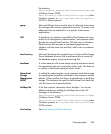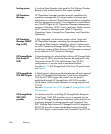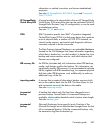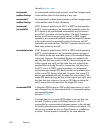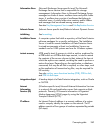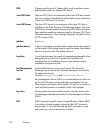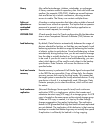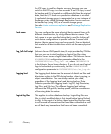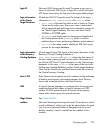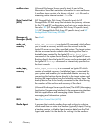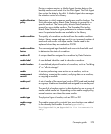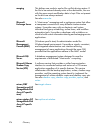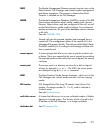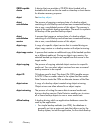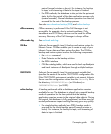An LCR copy is used for disaster recovery because you can
switch to the LCR copy in a few seconds. If an LCR copy is used
for backup and if it is located on a different disk than the original
data, then the I/O load on a production database is minimal.
A replicated storage group is represented as a new instance of
Exchange writer called Exchange Replication Service and can
be backed up (using VSS) as a normal storage group.
See also cluster continuous replication and Exchange Replication
Service.
lock name You can configure the same physical device several times with
different characteristics, by using different device names. The
lock name is a user specified string that is used for locking all
such device configurations to prevent collision if several such
devices (device names) are used concurrently. Use an identical
lock name for all device definitions which use the same physical
device.
log_full shell script (Informix Server UNIX specific term) A script provided by ON-Bar
that you can use to start backing up logical log files when
Informix Server issues a logfull event alarm. The Informix Server
ALARMPROGRAM configuration parameter defaults to the
INFORMIXDIR/etc/log_full.sh, where INFORMIXDIR
is the Informix Server home directory. If you do not want logical
logs to be backed up continuously, set the ALARMPROGRAM
configuration parameter to INFORMIXDIR/etc/no_log.sh.
logging level The logging level determines the amount of details on files and
directories written to the IDB during backup, object copying, or
object consolidation. You can always restore your data,
regardless of the logging level used during backup. Data
Protector provides four logging levels: Log All, Log Directories,
Log Files, and No Log. The different logging level settings
influence the IDB growth, backup speed, and the convenience
of browsing data for restore.
logical-log files This applies to online database backup. Logical-log files are
files in which modified data is first stored before being flushed
to disk. In the event of a failure, these logical-log files are used
to roll forward all transactions that have been committed as well
as roll back any transactions that have not been committed.
Glossary372




